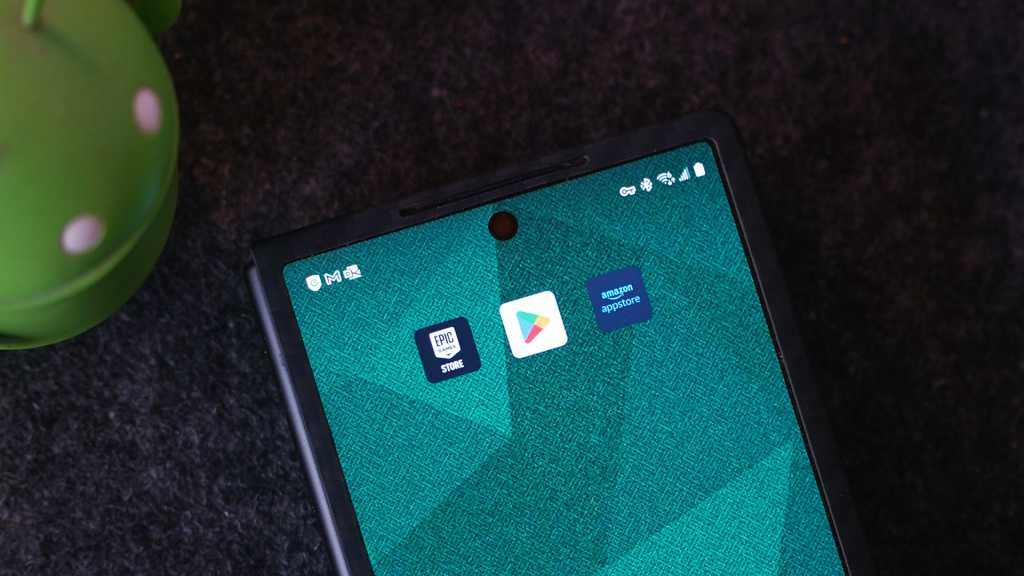Gadgets
US judge forces Google to let third-party app stores on the Play Store

Android users have long had the ability to side-load apps on their devices, unlike iPhone users. However, in light of the antitrust case against Google in the United States, a judge has ruled that this is not sufficient. Google will now be required to allow third-party companies to set up their own Android app stores on the Google Play Store, without the need for side-loading.
According to Ars Technica, US federal judge James Donato has issued an injunction that mandates Google to permit third parties such as Epic Games and Amazon to host their own app stores on the Play Store, a practice that currently goes against the Play Store’s terms of service.
These new stores, likely to be the Epic Games Store and Amazon Appstore, will enable users to purchase and download apps outside of Google’s closed system and monetization platform. This was the objective of Epic Games when it filed the lawsuit in 2020 after attempting to sell in-app purchases for Fortnite without paying Google’s 30 percent commission. Moreover, Google will no longer be allowed to compel app developers to sell in-app purchases exclusively through the Play Store.
In addition, Donato has criticized Google’s relationships with phone manufacturers and carriers, describing them as either cozy or heavy-handed. For a period of three years starting on November 1st, Google will be prohibited from requiring phone manufacturers or carriers to pre-install the Play Store in order to access other Google services like Search and Gmail. They will also be free to pre-install other app stores. The judge believes that this three-year period will provide Google’s competitors with an opportunity to level the playing field in the app market.
Unsurprisingly, Google intends to appeal the injunction, which could delay its implementation beyond the November 1st deadline and potentially into the following year if upheld. Nonetheless, Google’s control over the Android platform appears to be weakening. In addition to facing regulatory actions in the European Union, the US Department of Justice is contemplating measures that could potentially force Google to separate the Play Store, Android, or the Chrome browser/operating system into distinct entities or sell them off entirely. This would mark a significant antitrust move in the country.
While the likelihood of such drastic actions taking place in the current political climate remains uncertain, it is evident that Google’s approach to the Android ecosystem is facing substantial regulatory scrutiny. Change of some kind appears inevitable at this juncture—the only uncertainties lie in the extent of the change and its impact on the market and the billions of Android users worldwide.
-

 Destination8 months ago
Destination8 months agoSingapore Airlines CEO set to join board of Air India, BA News, BA
-

 Breaking News10 months ago
Breaking News10 months agoCroatia to reintroduce compulsory military draft as regional tensions soar
-

 Gadgets3 months ago
Gadgets3 months agoSupernatural Season 16 Revival News, Cast, Plot and Release Date
-

 Tech News12 months ago
Tech News12 months agoBangladeshi police agents accused of selling citizens’ personal information on Telegram
-

 Productivity11 months ago
Productivity11 months agoHow Your Contact Center Can Become A Customer Engagement Center
-

 Gadgets3 weeks ago
Gadgets3 weeks agoFallout Season 2 Potential Release Date, Cast, Plot and News
-

 Breaking News10 months ago
Breaking News10 months agoBangladesh crisis: Refaat Ahmed sworn in as Bangladesh’s new chief justice
-

 Toys12 months ago
Toys12 months ago15 of the Best Trike & Tricycles Mums Recommend



















